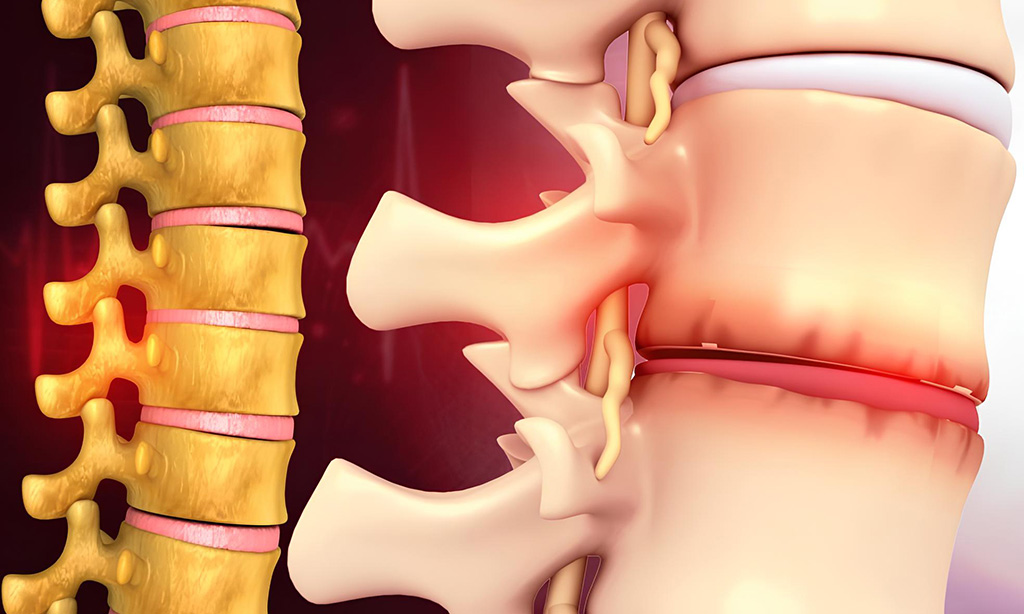
Degenerative Disc Disease (DDD), is one of the common spinal conditions that affects many individuals across the country. Chronic pain, stiffness, and loss of mobility can be caused due to this condition. However, with advanced technology and skilled surgeons, degenerative disc disease can be effectively treated. Here, we will explore everything you need to know about Degenerative Disc Disease Treatment Miami, its symptoms, treatment options, and more.
Degenerative disc disease is a condition in which the discs present between the vertebrae in the spine lose or wear down their cushioning ability. This condition can cause pain and other problems, such as herniated discs.
The causes and risk factors of degenerative disc disease include the following:
Common signs of degenerative disc disease include:
It is generally recommended that you see a spine specialist when you experience signs such as severe back pain that worsens over time, numbness, loss of mobility, or bladder dysfunction. Moreover, if you have a family history, it may interfere with your daily life, and specialized care is recommended.
Diagnosis of Degenerative Disc Disease
Degenerative disc disease diagnoses include:
Symptom Review: Symptoms like tingling or numbness in the limbs as well as the nature, duration, and location of the patient’s pain are often inquired.
Physical Exam: Multiple examinations are taken that focus on the flexibility, mobility, and range of motion of the spine.
Imaging Tests:
There are several treatment options available for treating degenerative disc disease, which include:
Dr. Evan Trapana is a leading spine specialist, known for his diverse experience and skills for treating a variety of spinal conditions, including degenerative disc disease. His main objective is to provide effective treatment plans that are tailored to the specific needs of each patient.
A combination of non-surgical treatments, such as physical therapy, pain management techniques, lifestyle changes, etc, are involved in recovery and long-term management of degenerative disc disease. However, when surgical procedures fail to provide complete recovery, surgeries are considered an effective solution.
The average time taken to recover depends on factors such as the type of surgery and the overall health of an individual; most of the patients return to their light activities within 2 to 4 weeks. However, it may take more than 12 weeks to completely recover.
Answer. Some of the common signs or symptoms of degenerative disc disease include chronic lower back pain, numbness in the limbs, reduced flexibility, pain while moving, etc.
Answer. The recovery time after DDD treatment typically depends on the type of treatment method; non-surgical procedures may take weeks, while surgical procedures may take several months to recover completely.
Answer. Some of the main causes of degenerative disc disease include the natural aging process, repetitive stress, injuries, smoking, poor posture, and genetics.